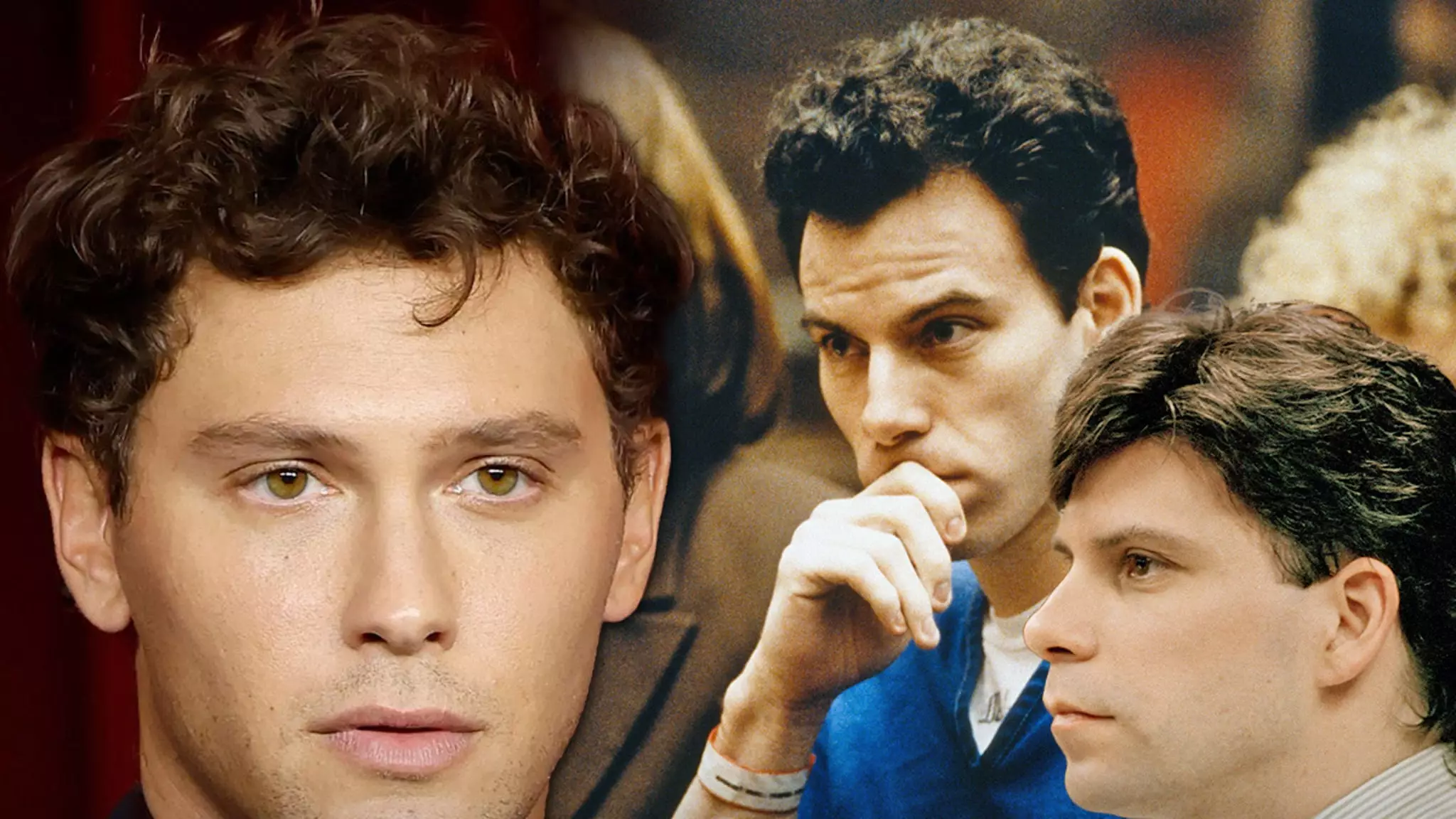Cooper Koch, known for his portrayal of Erik Menendez in the riveting Netflix series “Monsters: The Lyle and Erik Menendez Story,” has stepped out of the fictional realm and into a real-life courtroom to advocate for the Menendez brothers. Recently spotted at a Van Nuys courthouse, Koch’s presence, alongside Erik Menendez’s wife and stepdaughter, underscores a profound commitment among both friends and family to support the brothers as they navigate the complexities of their legal battles.
The Heart of the Matter: Resentencing Petition
The focal point of this hearing was the resentencing petition that could potentially impact the future of the Menendez brothers. With District Attorney Nathan Hochman moving to withdraw this petition, the stakes are steep. The request signifies a bureaucratic attempt to ensure that Erik and Lyle remain incarcerated, with Hochman evidently concerned about public safety and the implications of releasing the brothers who were convicted of their parents’ brutal murder in the early ’90s.
One must ponder what drives such a strong opposition from the district attorney’s office. Hochman’s insistence on keeping the brothers behind bars may reflect a more profound societal apprehension: can rehabilitation truly exist for individuals associated with such notorious crimes? This question, laden with ethical considerations, reveals a divided public opinion that the Menendez brothers continue to evoke decades after their convictions.
The Resentencing Rollercoaster
What makes this situation particularly interesting is the flawed nature of the resentencing process itself. Should the judge allow the resentencing, which remains unlikely given the opposition, the case would have to be reviewed by the parole board anyway—an entity that appears to already be evaluating their fate. The involvement of California Governor Gavin Newsom adds another layer to this complex legal saga, as he has requested the Board of Parole Hearings to assess whether the Menendez brothers are a danger to society.
This convoluted pipeline of legal maneuvers complicates any potential outcomes. Many wonder: if the parole board has been instructed to evaluate the brothers, what does that suggest about the potential for a future outside prison walls? Could their time served lead to a reexamination of their case, or are they doomed to remain locked away because of public perception?
Broader Implications
The ongoing case of the Menendez brothers poses significant questions that extend far beyond their personal circumstances. It touches on themes of justice, rehabilitation, and societal values. As the public grapples with the notion of forgiveness and the possibility of second chances, it becomes increasingly clear that the Menendez case represents a microcosm of larger societal debates about crime and punishment.
Cooper Koch’s advocacy points to a growing movement supporting those who have served their time and are fighting for their right to be reconsidered fairly. The courtroom drama transcends mere celebrity involvement; it symbolizes a growing awareness of systemic issues within the justice system. As discussions around parole and resentencing continue, they evoke a powerful dialogue on the true nature of justice, the potential for rehabilitation, and the moral fabric of society. In a world where accountability blends with compassion, the future for Erik and Lyle remains uncertain but undeniably pivotal.

Leave a Reply